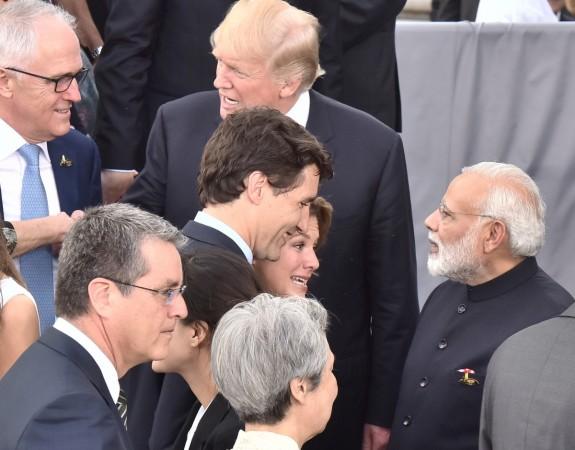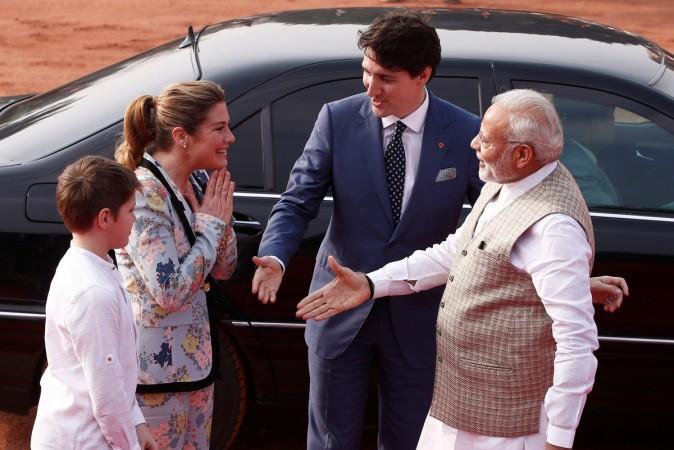Updated on February 10, 2021
Indian Prime Minister Narendra Modi received a telephone call from Prime Minister of Canada Justin Trudeau regarding the COVID-19 vaccine situation. PM Trudeau informed PM Modi about Canada's requirements of COVID-19 vaccines from India. PM Modi assured its support.
Original article...
It didn't take long for political watchdogs to take note of a diplomatic anomaly between India and Canada. As India supplies vaccine to the world, at a time when Canada craves for a vaccine, then why would the two countries not indulge in this expected humanitarian exchange?

Canadian Member of Parliament Michelle Rempel Garner, recently posted about asking the Standing Committee on Health if the Minister or PM Justin Trudeau had spoken to his counterpart Indian PM Narendra Modi about getting vaccine. To which the reply was a no. Canada is currently battling a second wave of infection.
Ever since Justin Trudeau's visit to India, there has been enough spotlight and speculation on his personal relations with PM Modi.

Khalistan and vote bank to be blamed?
What stands between PM Modi and PM Trudeau is their opinions on Khalistan and in fact their very definition of Khalistan. In fact, there's no denying that Khalistan is viewed by many in the diplomacy circles as Trudeau's vote bank and India's eye sore. Something that has kept the relations between two nations on the ice. Especially ever since Trudeau came to power in 2015.
Conspiracy theories apart, the nature of the two PMs' relationship became clear along the way. In the April of 2017 when Trudeau attended the 'Khalsa day' parade, it came to be viewed as a major breaking point between the two nations. While the 'Khalsa parade' is more of a cultural display of the warrior race and its performance arts, the fact that it was organised by one of the radical gurdwaras in Canada is what is not acceptable to India.
The deteriorating diplomacy reached an all-time low, when months before the outpouring of international celebs and their opinion on India's farm laws and farmers, it was PM Justin Trudeau who supported farmers protest. Naturally, that didn't go well with New Delhi. Back then, many a political watchdogs pinned it down to a simple case of Trudeau trying to please his political vote bank back home. After all, Punjabi Diaspora constitutes a significant fraction of Canada. Soon afterwards, India flexed its muscle when External Affairs Minister S Jaishankar skipped Canada-led Ministerial Co-ordination group of Covid-19.
Vaccine Maitri
In many a fields the 'Made in India' stamp has been welcomed, especially in the IT sector during the 2000s that was envied by the world. Come to 2020, it was India's pharmacy sector that is coveted by the world. Union Minister of External Affairs S Jaishankar, last week, spoke about 25 nations queuing up for Indian vaccine.
The processes to supply vaccine doses to these 25 countries are currently at different stages, but all the nations are in the pipeline. This excludes the list of 15 nations that have received the Indian vaccine already. Otherwise, plans are afoot in India to commercially export coronavirus vaccine to Canada.
Under the Vaccine Maitri programme, the nations that received Indian vaccine recently are Kuwait, Barbados, Dominica, Algeria, South Africa, among others. So far, only two vaccines have received regulatory nod in India, first being Hyderabad-based Bharat Biotech's Covaxin and Covishield being manufactured by Pune-based Serum Institute of India.

















